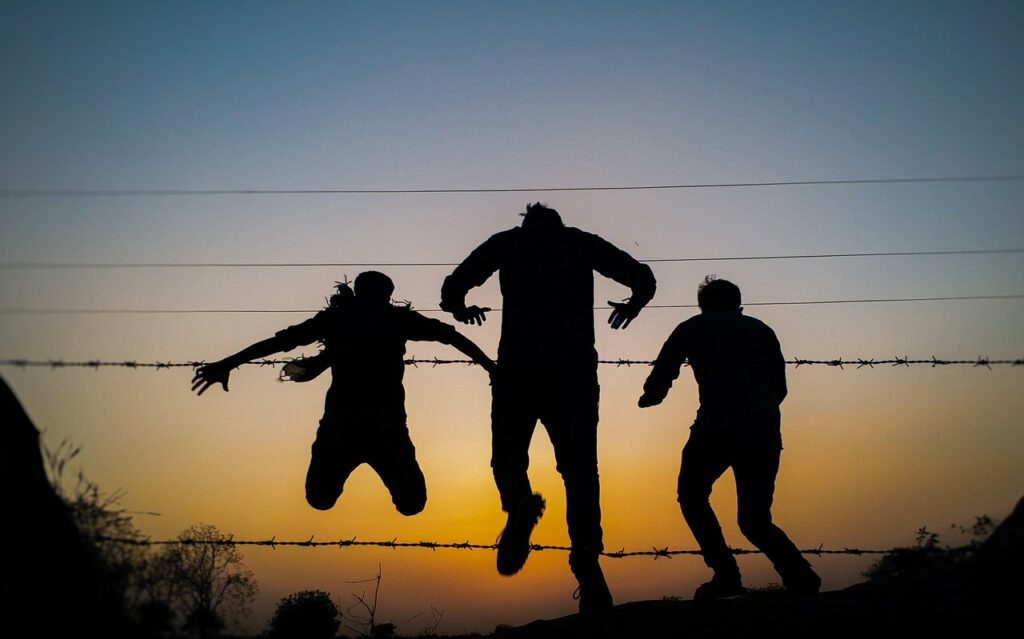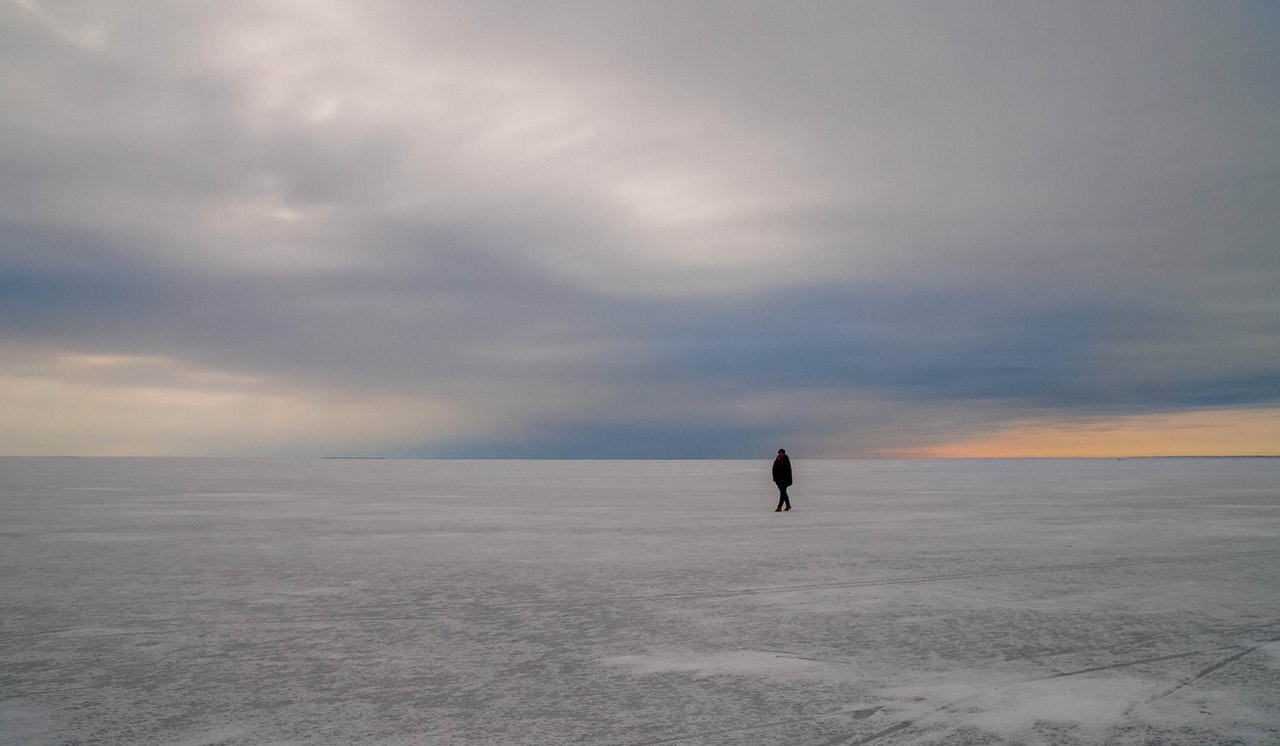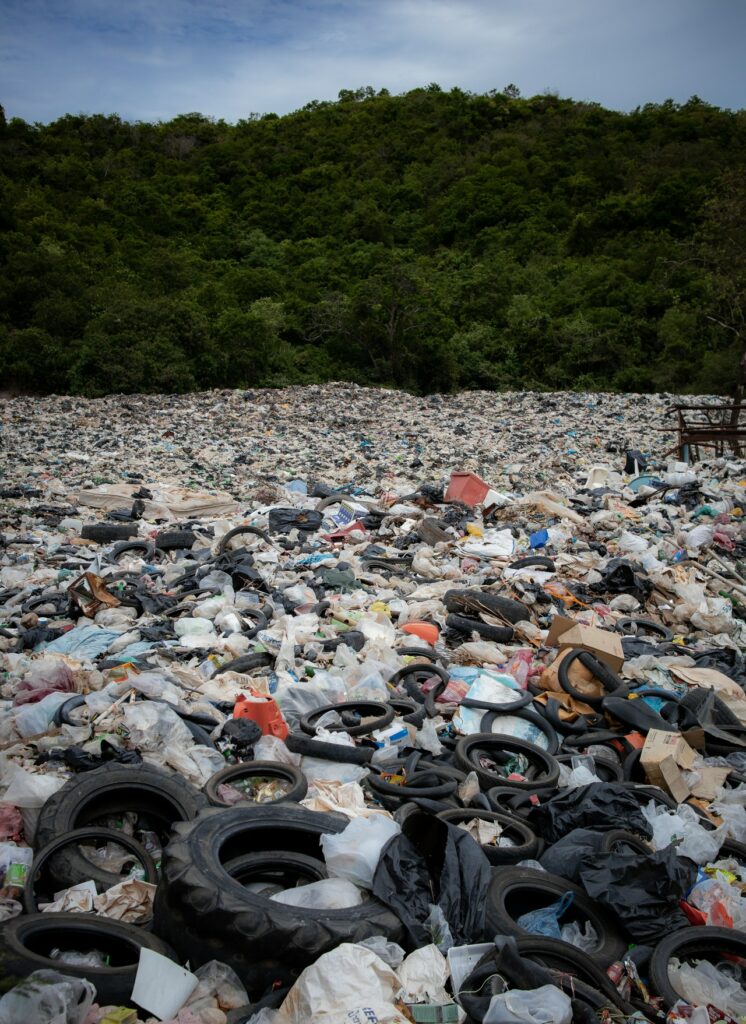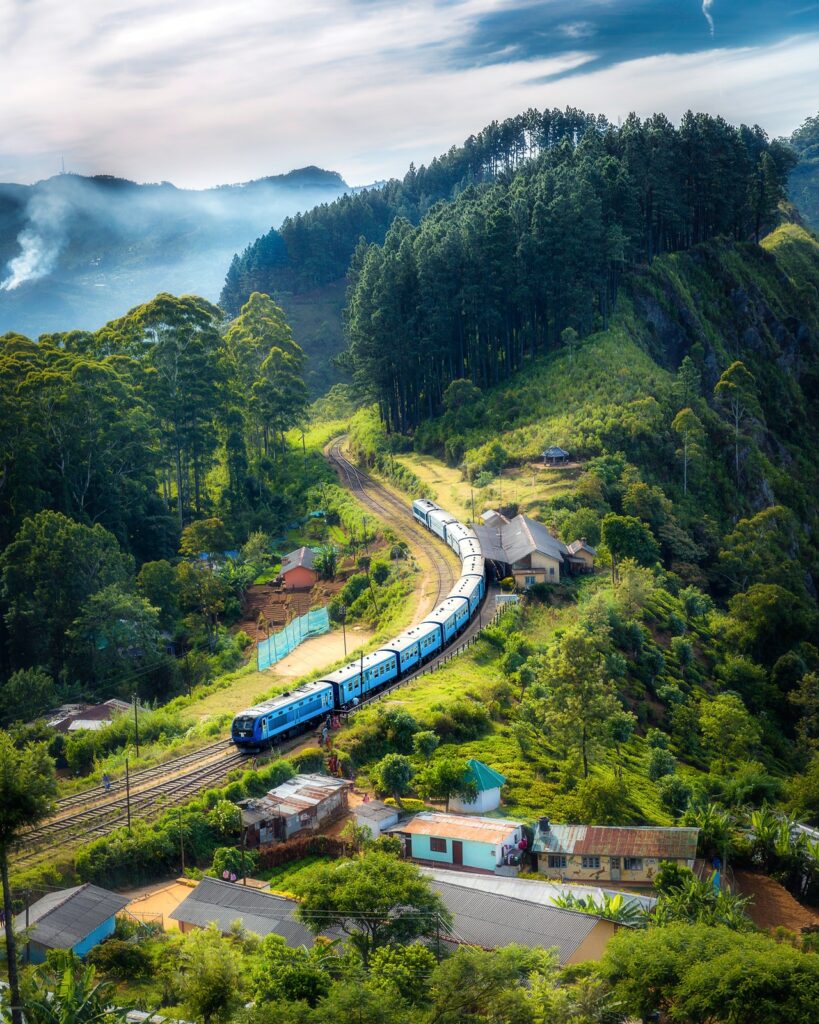Realising that land stewardship is culture and relationships, makes the difference between carving out a future that works, or leaving behind ruins. The plan to find an amazing piece of land and evolve from it, our own tradition and paradise the way we wanted it, has been in the making for many years. It would seem that the property we have found now will be just that. A farm created from scratch. It lies in the middle of almost nowhere, surrounded by hills and hugged by a little piece of river running through it.
While we could drill for sweet Karoo water, we are going to defer this to a later stage, as this property has access and water rights to a fountain that flows year round. There will be massive challenges however, as time, finances and lots of effort will have to go into setting up a ‘base‘ initially, something which I became familiar with at Litengard.
Contemplating the idea of tending
This article is not about that property, however. It’s going to be about factors that are very real, with significant effects on the land you take care of and the people in your proximity, your prosperity and health. It’s going to be an article about exactly that: knowing that land stewardship is culture and relationships. You probably cannot change the world. You can not stop a tornado. It’s possible, however, to choose where to stand when you see one approaching. It’s possible to urge others to move to safer, better areas, and it is probably in your best interest to take charge if they don’t. When others have no interest in protecting themselves by looking forward and caring for those around them – you are better off getting your own safety in order.
Managing land, resources, ecology, animals and the surrounding environment works exactly in this way. Also, yes: you will encounter many (most?) people are only in it for their own selfish reasons [usually to their own detriment, eventually]. We arrived at this piece of land though, because of the lessons we learnt and people that have shown us the better and sadly, bitter ways.
Land Stewardship
The term ‘stewardship’, as a verb, refers to the operation and management of property or things (supplies, food, plants, people?) irrespective of ownership. Its definition is simple, but carries weight. While it’s possible to be assigned the title of land-steward as a job role, I want us to consider it in a more meaningful manner. Let me explain.
Accepting, with devotion and commitment, that being a land steward makes you responsible and accountable to everything on, in and under the land you manage. You are responsible and accountable for regardless of ownership, and you take this on yourself while driving this mission over to those around you, knowledge included.
Thus, a land steward:
- considers and understands the future, past and present of the plants, people and ecology.
- looks at priorities in the entire system to ensure they operate and improve to the benefit of humans, animals, and plants.
- feels compelled to always be in charge of his or her land, despite strenuous demands
- knows that it is an ongoing, every-day, ungrateful and unforgiving task
- can plan and predict resource usage and thusly plan and predict its regeneration (eg: trees for firewood, water usage…)
- must be able to handle conflict between systems, people, or devise strategies to unfurl unexpected situations (floods, community differences…)
- has some idea of what land ethics are, whether ideologically, philosophically, or otherwise.
- importantly, feels a great love and commitment for overseeing the land and everything it supports
- shares his knowledge and resources with associates, so that they may help and improve the systems (by seeing flaws, brining new ideas, carrying knowledge and goals forward in time).
- acts like the eyes, ears and mouth of the land by collaborating respectfully between all systems and its people
- works on reducing risks, hazards and shortcomings & also knows how to deal with them
- is someone like Shawn James or Bruce Darrel
- also feels that land stewardship is culture and relationships
Title deeds don’t define ownership
We need to be perfectly clear here. If you buy property, and pay for it, you are legally an owner of such property. That is fine, and it gives you many rights over it (control, disposition, etc). However, to take ownership of something regardless of whether you own it is a noble task. Firefighters take ownership of their duties, heavy transport truck drivers take ownership of their machines and loads and students (who care enough) take ownership of their futures. Ownership, in this sense, almost means a lot more suddenly.
For some people, legal ownership isn’t possible or they may not want that. They may possess the skills however to better land for someone else or alongside them. Usufruct, life rights and renting on farms and smallholdings come to mind. Be as it may, ownership as a term, can only apply to those dedicated, passionate and driven enough to be ok with reaping the benefits not so similar to those of legal ownership. This is how Simple-Earth feels about it.
Culture
If you know who Terence McKenna is, then you definitely have heard his talk stating ‘culture is not your friend’. Simple-Earth completely agrees with this, as he referring to the culture we are being fed with through news, tv, social media and our weakness to assimilate the opinion of others as truth. In fact, allow me to quote him:
What civilization is is 6 billion people trying to make themselves happy by standing on each other’s shoulders and kicking each other’s teeth in. It’s not a pleasant situation. And yet you can stand back and look at this planet and see that we have the money, the power, the medical understanding, the scientific know-how, the love, and the community to produce a kind of human paradise.
Terence McKenna

What Simple-Earth defines as culture is what we create for ourselves. Culture is something that makes us want to be who we are, because who we already are, has found a balance in others who are the same. This is what I think real culture is. A group of people who become friends, live or work together as a community because they all enjoy writing books about philosophy is culture. Folks who band together, inexplicably, because of their choice of sport or music – is a culture. What they wear, eat, do or say is not derived from their peers – but created as a happy side-effect of just being who they are. Surfing is a culture, as is skateboarding, black metal music, medieval LARPing and small town piano players.
The different uses of the word
Culture can often be abused, almost criminally to single out groups of people for their behaviours or history. How is it even remotely possible to be part of a culture by just being born a specific race or be from a certain place? Fortunately, when we look at what land stewardship means, then culture comes back into form quickly. A culture of caring, maintenance, respect for people and property will automatically gravitate towards stewardship. Land stewardship is a magnet for people who belong to a (self created) culture of governing fairly, building and improving and regenerating ecosystem, relationships and economies. Land stewardship does not care who you are, what planet you are from, or whether you love wearing glittery pink shoes. It only cares about the right sort of folks.
Relationships
There is some polarity between land care and people. Most of the time, sadly nowadays, people are only into ownership of land for their economic benefit. Commercial farming, government forestry, and community ownership of free land has shown us the destructive ways. Land given to people brings us to the phrase “easy come, easy go”. People just don’t seem to care as much as they did when their livelihoods depended on it; or to rephrase: Their livelihoods depend on it, but they don’t care because there is more next door. People seem to just dispose of human waste into their own waterways, throw trash over their own walls and out of their car windows without realising that they are destroying the very land, soil and life that is their future.
… with the systems
Therefore, relationships are key in land stewardships. Building relationships with those living and working with us on the land and our neighbours go a long way in ensuring a constant supply of wonderful friendships, trading, management and maintenance. We need to realise that we can not operate in a solo fashion, as much as we would like to admit. Self-reliance, a topic for another article, is extremely important to our long-term survival, but it does not mean being able to survive on a tiny island with limited resources on your own. When you don’t have relationships with other people, neighbours, friends and folks from the nearest town, your piece of land becomes a tiny island. No one expects you to be friends with everyone, and you surely don’t have to like your neighbour (some of them are tools.) – but you can have a relationship that ensures harmony with them.
… with people
Relationships also refer to the interaction between people and ecological systems. We need to build and foster a symbiosis with our methods. A marriage, if you will, between ourselves and the thousands of systems that support us. It’s only at this point where the give-and-take analogy makes sense. People who just ‘take’ resources can look at themselves and realise the lack of ‘give’ coming back. Chopping trees without replanting is another example. It’s easy to see, the effects disastrous for everyone involved. Fortunately, it’s also easy to correct, through good relationships, understanding symbiosis and adopting the right attitude. An attitude of education, commitment to knowledge management and of course, relationships between everything and everyone.
Land steward is culture and relationships
Knowing that culture is something we create, not buy or adopt from others, brings us a brief step closer to land stewardship. Whether you own land by title deed, or by commitment matters not. If you take responsibility for what you have and manage it, you will get nothing but benefits. Your family, neighbours and everyone else with benefit. Your government will benefit as you become less of a burden on the ecological systems & finite resources.
I hold the highest hopes that we can all take accountability and responsibility for our land. Whether we got it for free, rent it or bought it should not matter. It could be small, a garden at an apartment, a hut next to the highway or a suburban farm. It may be a homestead, smallholding, a factory or workshop. When we all feel, understand and become stewards of our land, we may eliminate any concerns for the future.
As always…
Simple Earth thanks you for reading, understanding, and supporting. Please share this article, so we can improve ourselves as humans. Want to read more like this? Then please show your support, or go subscribe to our upcoming YouTube channel. Stay safe, be mature, be good, move forward.



